
Brief by Shorts91 Newsdesk / 06:19pm on 19 Feb 2026,Thursday Science
Donald Trump said the world will know within about 10 days if the US reaches a deal with Iran or moves toward military action. Speaking at the first meeting of his Board of Peace in Washington, Trump said, “we have some work to do” on Iran’s nuclear programme. He added, “we may have to take it a step further.” He said envoys Steve Witkoff and Jared Kushner held “very good meetings.” US forces have increased their presence in the region, including the carrier USS Abraham Lincoln. Lawmakers like Ro Khanna and Thomas Massie oppose action without Congress approval.

Brief by Shorts91 Newsdesk / 12:24pm on 13 Feb 2026,Friday Science
Calcutta-born astrophysicist Kishalay De, a St James' School alumnus now at Columbia University, has solved a cosmic mystery by confirming a massive star's silent collapse into a black hole without a supernova explosion. The star, M31-2014-DS1 in the Andromeda galaxy, vanished after fading for nearly a decade, bypassing the explosive death typically expected from massive stars. De's team analyzed archival telescope observations spanning four decades, finding the star briefly brightened in infrared light around 2014 before rapidly disappearing. This confirms a decades-old prediction that some stars can skip the supernova stage. The research, published in Science journal, suggests such quiet collapses may represent an alternative stellar evolution pathway previously overlooked by astronomers. (PC: astro.columbia.edu)
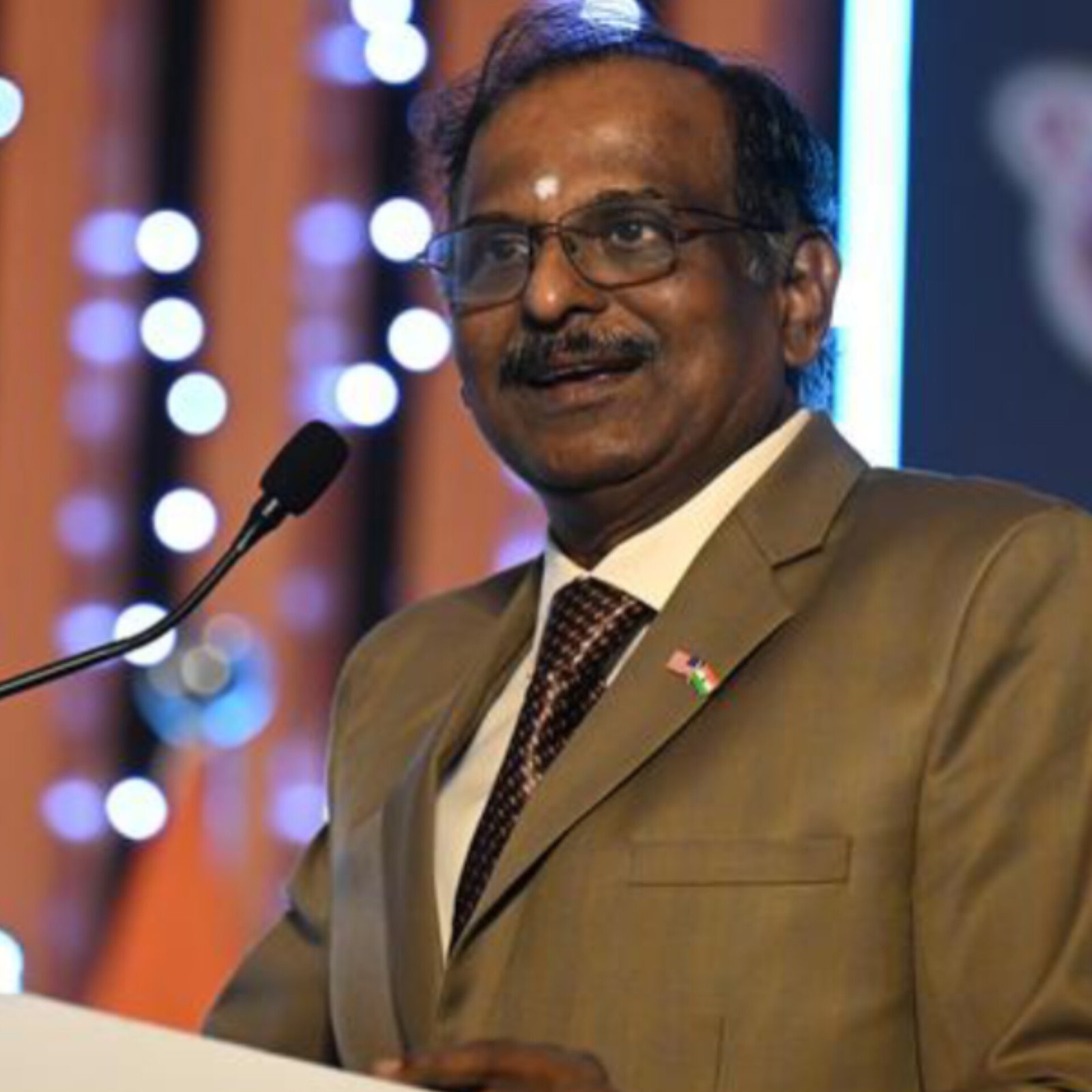
Brief by Shorts91 Newsdesk / 09:42am on 10 Feb 2026,Tuesday Science
ISRO Chairman V Narayanan said India’s space programme is built on international cooperation rather than rivalry, aiming to use space technology for societal benefit since the 1960s. He noted the early Indo‑US support for India’s first rocket and highlighted collaboration such as the NISAR mission and Chandrayaan projects with global partners. The programme, he said, now serves both national and global needs, with strong private sector participation following 2020 reforms. Narayanan outlined future goals including an Indian space station by 2035 and a crewed lunar mission by 2040, stressing deeper global partnerships will be key to achieving them. (PC: The Hindu)
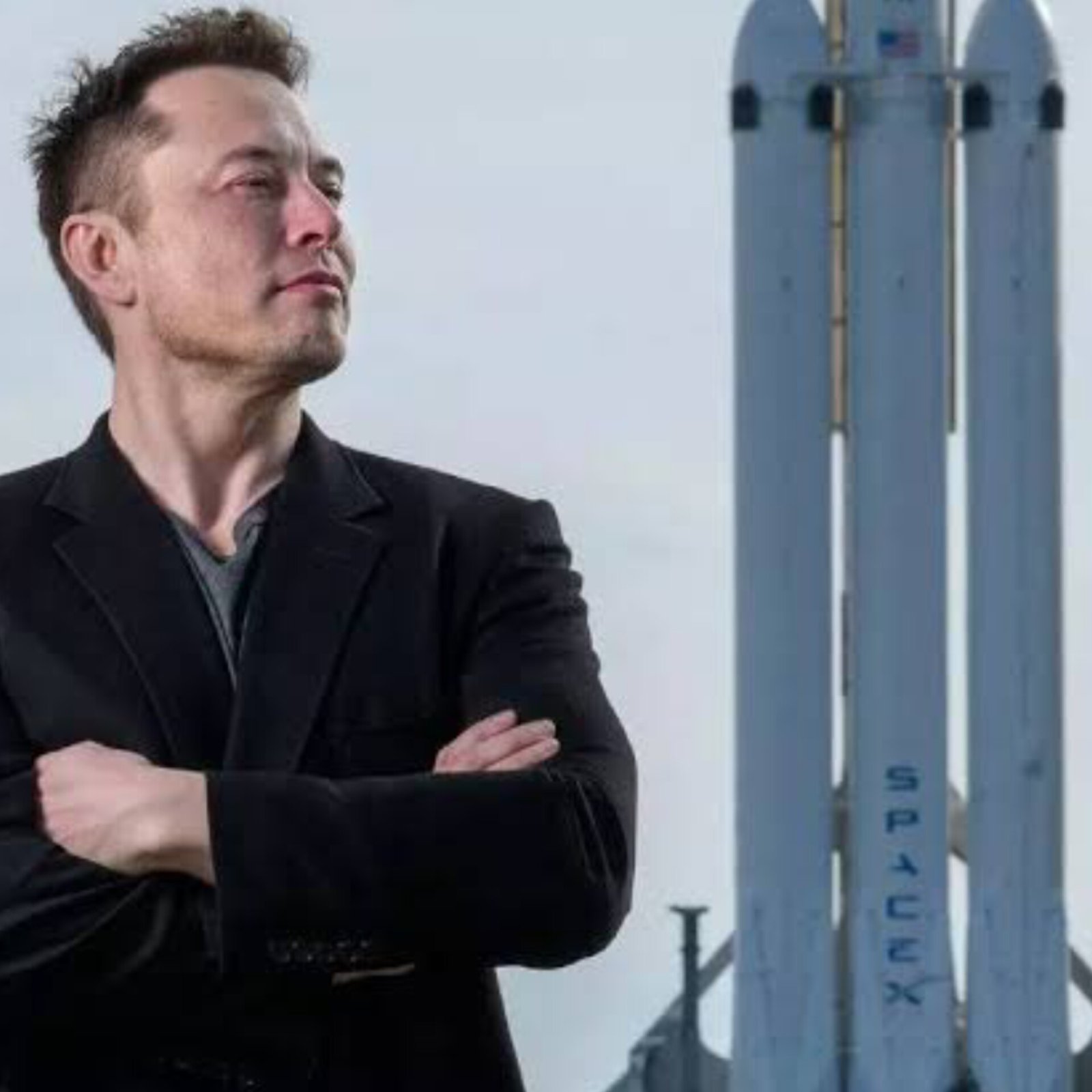
Brief by Shorts91 Newsdesk / 03:17pm on 09 Feb 2026,Monday Science
SpaceX has postponed its planned Mars mission, with CEO Elon Musk saying human travel to Mars is viable only when technology, infrastructure and planetary alignment—occurring every 26 months—are favourable. The delay reflects logistical and technical constraints, prompting SpaceX to shift focus toward building a “self-growing city” on the Moon, which can be reached more frequently and quickly, with launches possible every 10 days. Musk affirmed that Mars remains a long-term goal, but lunar development offers faster progress toward sustainable off-Earth habitation. The revised strategy underscores a more measured timeline for interplanetary ambitions. (PC: The Times of India)
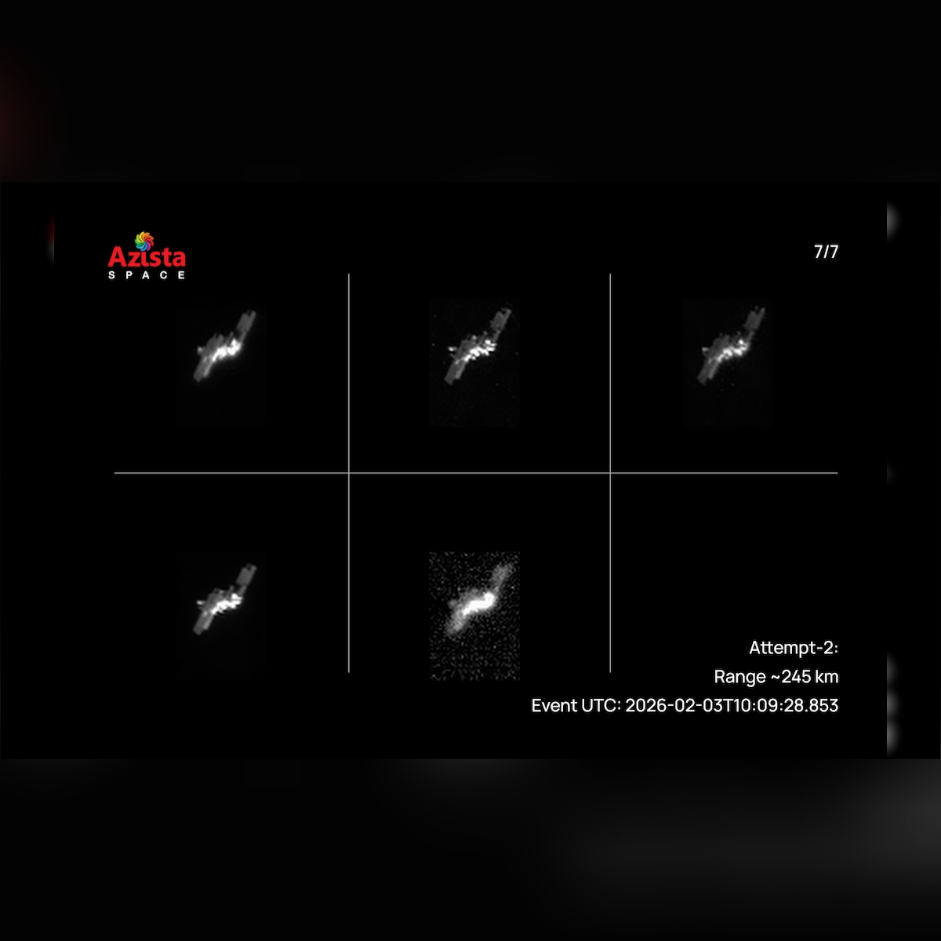
Brief by Shorts91 Newsdesk / 03:25am on 08 Feb 2026,Sunday Science
India’s private space sector has made a strategic leap in space surveillance with Ahmedabad-based Azista Industries successfully imaging the International Space Station (ISS) from orbit using its 80-kg AFR Earth-observation satellite — a first for an Indian private firm. The satellite captured 15 clear frames at roughly 245–300 km distances, validating India’s indigenous tracking algorithms and electro-optical systems. This achievement enhances space situational awareness and marks a step toward observing other orbiting objects, potentially aiding defence monitoring. With over 50 Indian satellites now in orbit across varied applications, protecting and tracking assets is crucial amid rising global space competition.
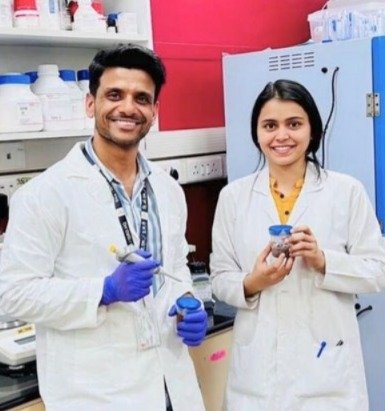
Brief by Shorts91 Newsdesk / 06:54pm on 30 Jan 2026,Friday Science
Group Captain Shubhanshu Shukla, India's first ISS astronaut, has published his debut peer-reviewed research paper in US-based journal PLOS One. The study, conducted at IISc Bengaluru's Mechanical Engineering Department where he pursues his Master's degree, explores using bacteria for Martian construction despite toxic perchlorate soil. The research addresses future Mars colonization challenges, investigating whether microbes can survive perchlorate-rich regolith to enable "living construction" without transporting Earth materials. Shukla's advisor, IISc Professor Aloke Kumar, guided the work. During his 20-day Axiom-4 ISS mission, Shukla performed seven basic experiments. This publication in a prestigious open-access journal marks a significant achievement, potentially informing more sophisticated microgravity experiments for India's Gaganyaan program. (PC: X)
Brief by Shorts91 Newsdesk / 06:08am on 26 Jan 2026,Monday Science
Group Captain Shubhanshu Shukla received the Ashoka Chakra, India's highest peacetime gallantry award, from the President on Republic Day for extraordinary courage during a high-risk space mission aboard a space station. The citation emphasized exceptional composure under extreme conditions and unwavering commitment where minor errors prove fatal. This rare recognition marks a significant milestone as the Ashoka Chakra, traditionally associated with counter-terrorism and disaster response, is awarded for spaceflight operations. The accomplished test pilot demonstrated exceptional leadership and problem-solving skills during complex orbital operations with unforeseen challenges. Group Captain P Balakrishnan Nair, backup crew for the Axiom-4 mission, received the Kirti Chakra. The awards signal space as a new frontier of national service.
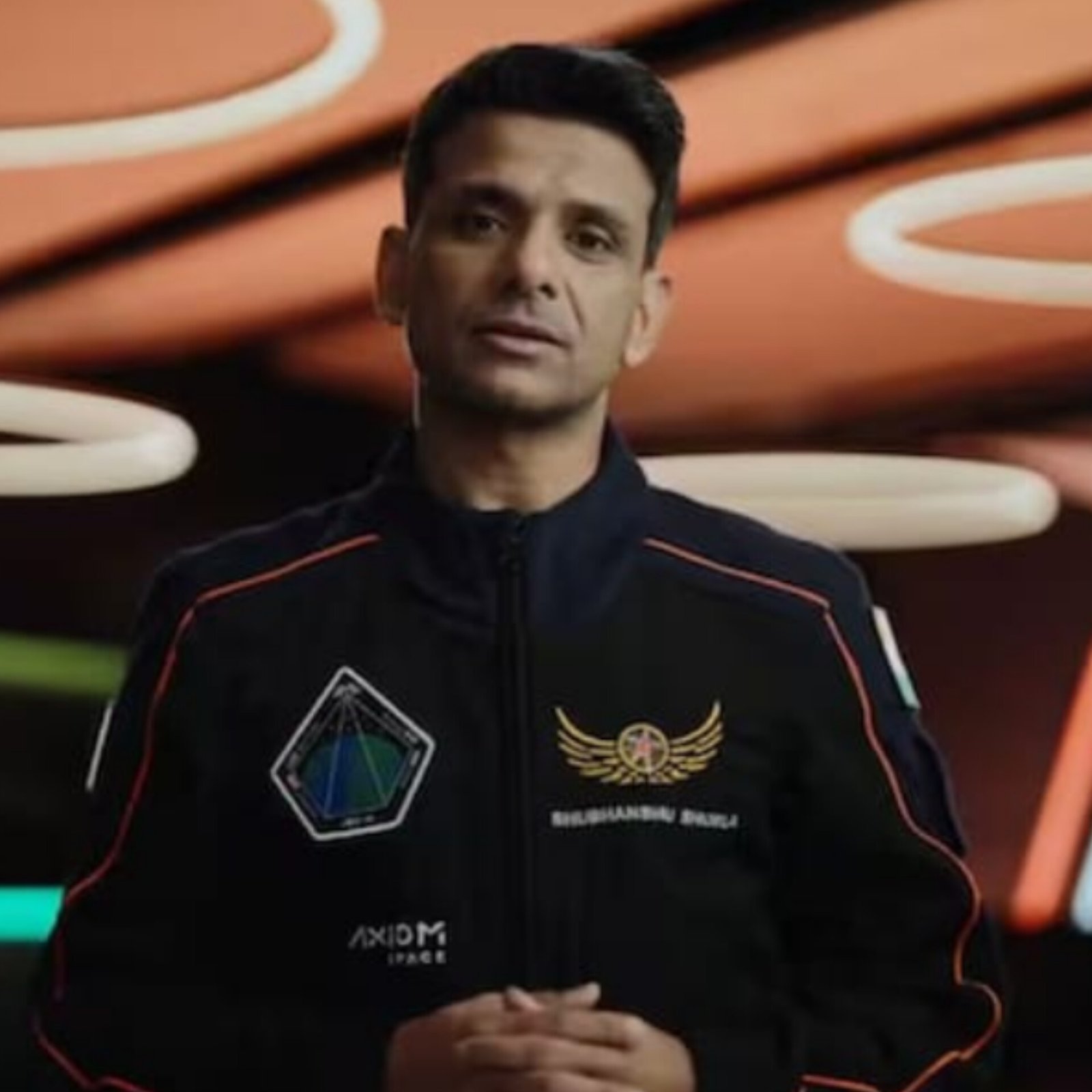
Brief by Shorts91 Newsdesk / 10:56am on 25 Jan 2026,Sunday Science
Indian Air Force Group Captain Shubhanshu Shukla is likely to be awarded the Ashok Chakra on Republic Day. The honour follows his 18-day mission to the International Space Station in June 2025. Shukla flew as part of the Axiom-4 crew. He became the second Indian to travel to space and the first to visit the ISS. During the mission, he carried out several microgravity experiments. The work generated data needed for India’s Gaganyaan human spaceflight programme. Officials say the mission tested crew endurance and systems in low Earth orbit. The award recognises service linked to national space goals. (PC: India Today)
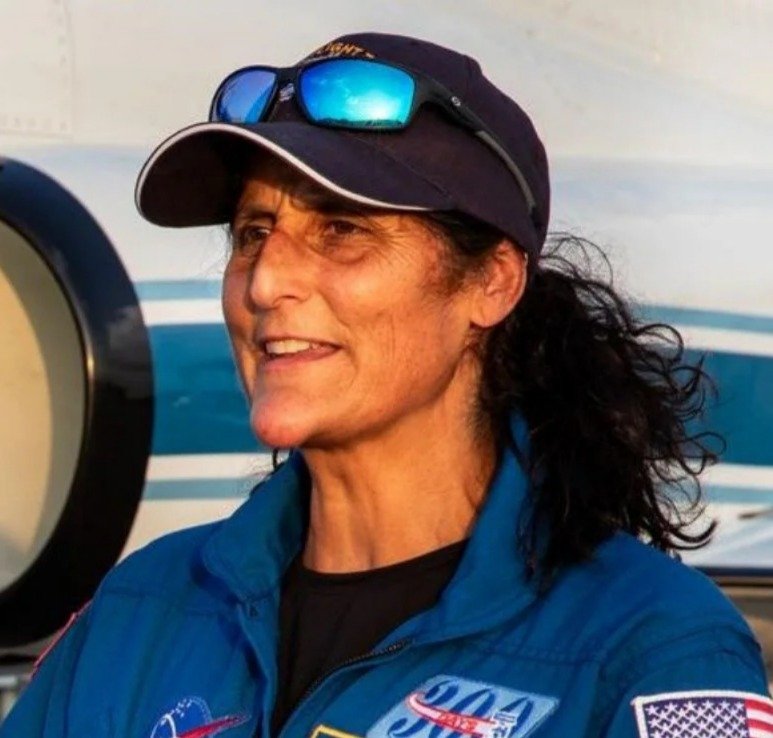
Brief by Shorts91 Newsdesk / 07:20pm on 22 Jan 2026,Thursday Science
Retired NASA astronaut Sunita Williams, 60, has said she would love to go to the moon but will leave that opportunity to the next generation. Speaking during her visit to India after retiring on December 27, 2025, Williams emphasized the importance of youth pursuing careers in space, highlighting opportunities in exploration and collaboration. She expressed hope for stronger India-U.S. partnerships in space missions, praising ISRO’s progress and international cooperation. Reflecting on her 27-year career, including three ISS missions and nine spacewalks, Williams said her experiences were unique and culturally enriching. She now plans to spend more time with family and visit India often. (PC: X)

Brief by Shorts91 Newsdesk / 05:31pm on 21 Jan 2026,Wednesday Science
NASA astronaut Sunita Williams has retired after a remarkable 27-year career, with her retirement effective December 27, 2025. The Indian-origin astronaut accumulated 608 days in orbit second-highest among NASA astronauts across three missions since joining in 1998. Williams holds the world record for most spacewalks by a female astronaut with nine totaling 62 hours. Her final mission aboard Boeing Starliner, initially planned for one week, extended to nine-and-a-half months due to technical problems. Williams also achieved historic firsts including running a marathon and completing a triathlon in space. NASA Administrator praised her as a trailblazer whose contributions advanced science and paved the way for Artemis lunar missions and Mars exploration. (PC: X)